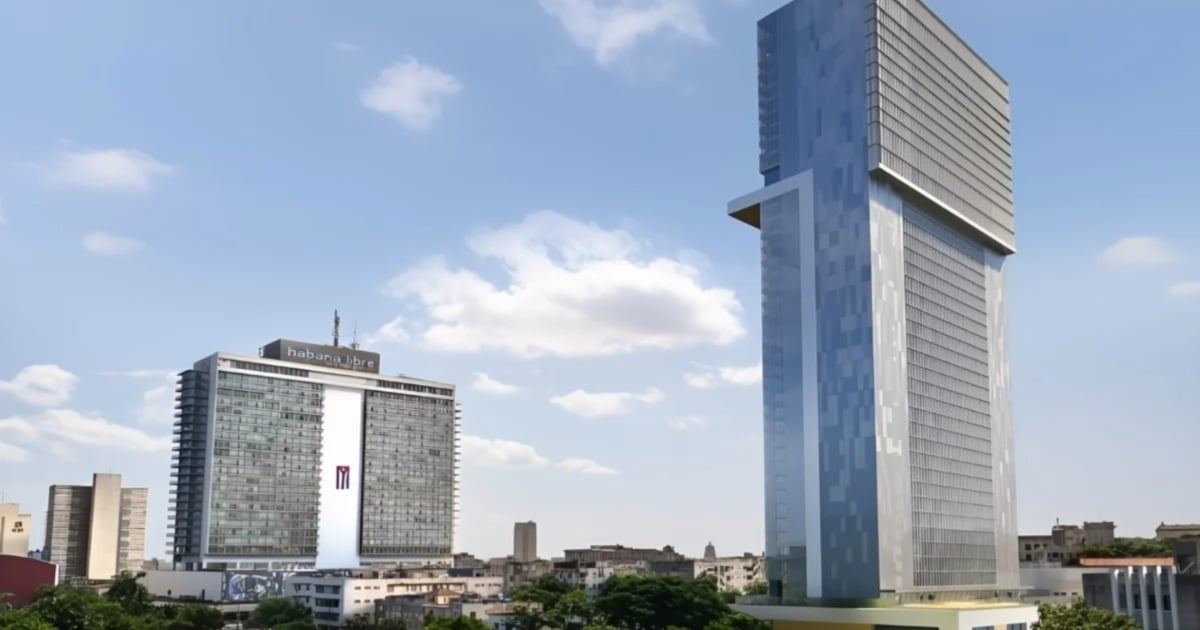The United States government has expanded its list of Restricted Accommodations in Cuba by adding 11 hotels, including Havana's luxury "Torre K." This move is part of a new wave of sanctions targeting the regime's economic stronghold.
In an exclusive statement to the Miami Herald, U.S. officials revealed that the sanctioned properties have direct or indirect ties to the military conglomerate GAESA, a key financial backbone of the Cuban regime. Announced by the State Department on the fourth anniversary of the July 11, 2021 protests, the sanctions aim to curtail international tourism revenue that Washington claims supports the regime's oppressive forces.
While the full list of banned accommodations has not been disclosed, it includes high-profile developments in Havana, such as Torre K. The Cuban regime has promoted this hotel as a beacon of "modernization" amidst a severe economic crisis.
These sanctions are part of a broader set of measures announced by the State Department. Among them is the ban on entry to the U.S. for Cuban leader Miguel Díaz-Canel, Defense Minister Álvaro López Miera, and Interior Minister Lázaro Álvarez Casas, along with their immediate families.
The actions represent a tightening of U.S. policy towards Havana in response to increasing political repression on the island and the erosion of fundamental rights, as documented by international organizations. According to the group Justicia 11J, over 1,500 individuals have been detained for political reasons since the 11J protests, with many still imprisoned following summary trials.
The new sanctions might deter foreign companies with interests in Cuba's tourism sector, as the country urgently seeks to revive this vital income source amid a deep social and economic crisis.
In February, the U.S. reactivated Title III of the Helms-Burton Act and expanded the list of restricted Cuban entities, marking a tougher stance towards the regime initially set by Donald Trump. Under this legislation, the U.S. reinstated the "Cuba Restricted List," which includes Cuban entities with military, intelligence, or security ties, prohibiting U.S. citizens from engaging in transactions with them.
Orbit, S.A., a company accused of processing remittances for the benefit of Cuban military forces, was also added to this list. This action underscores the ongoing effort to isolate the regime economically.
Frequently Asked Questions about U.S. Sanctions on Cuban Hotels
Why did the U.S. add hotels to its Restricted Accommodations List in Cuba?
The U.S. added these hotels to limit the Cuban regime's access to international tourism revenues, which are believed to fund oppressive state forces.
What is GAESA and why are its properties targeted?
GAESA is a military conglomerate in Cuba, considered a financial pillar of the regime. Properties linked to GAESA are targeted because they contribute to the regime's economic power.
What impact do these sanctions have on foreign companies in Cuba?
The sanctions might deter foreign companies from investing in Cuba's tourism sector, complicating efforts to revive the industry amid a severe economic crisis.
